Digital
RUSH 26 Watermark Creative 12 Aroha
-
Pou Auaha / Creative Director
Terry Williams-Willcock
-
Ringatoi Matua / Design Director
Stephen Horner
-
Ngā Kaimahi / Team Members
Cameron Peet, Aaron Neugebauer, Eddie Zurita, Mark Easterbrook -
Kaitautoko / Contributors
Simon Shaw, David Way, Danielle Brinkert, Anton Petrov, Dede Putra, A Better Start E Tipu E Rea National Science Challenge -
Client
University of Auckland
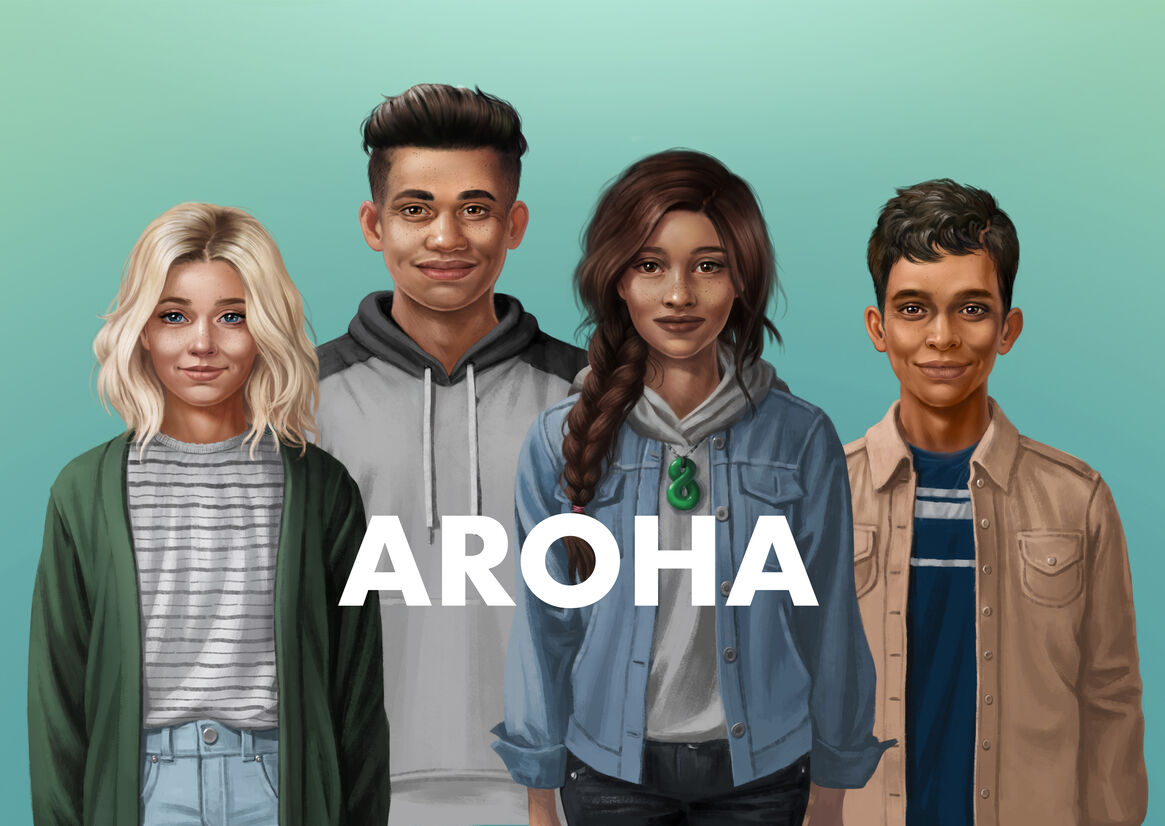
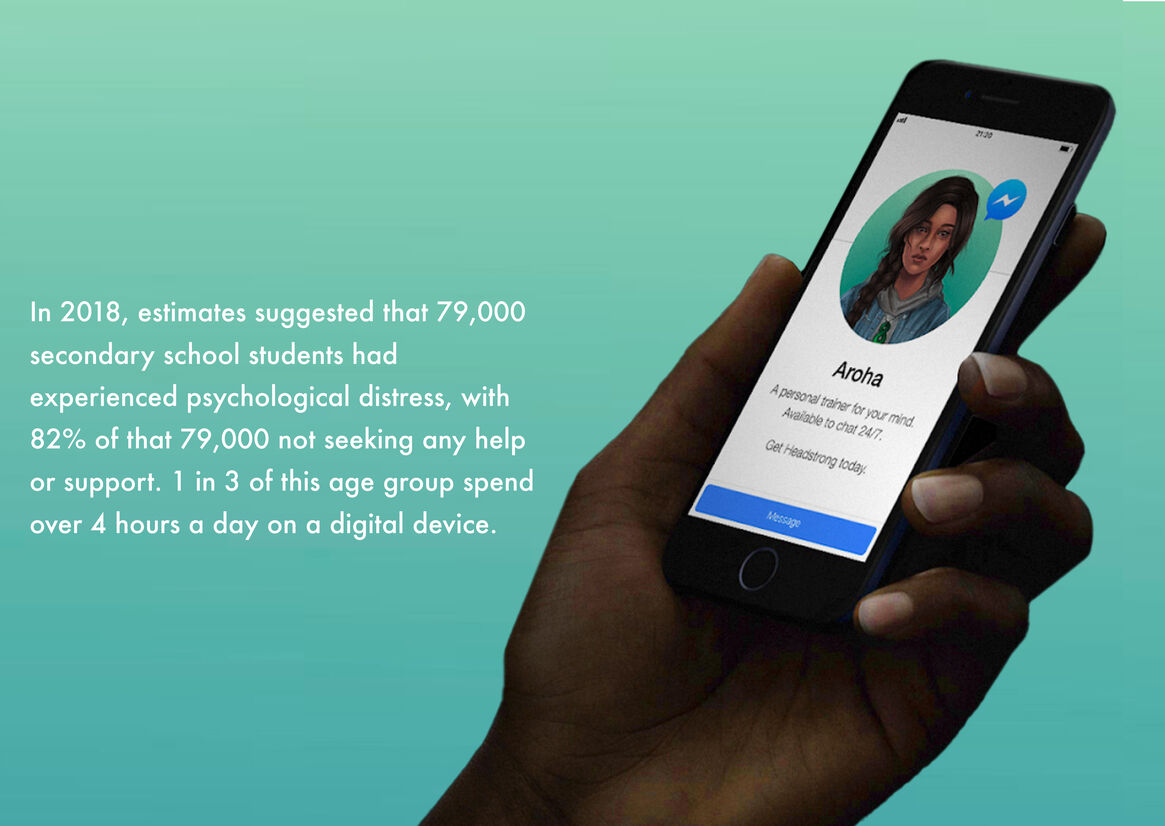
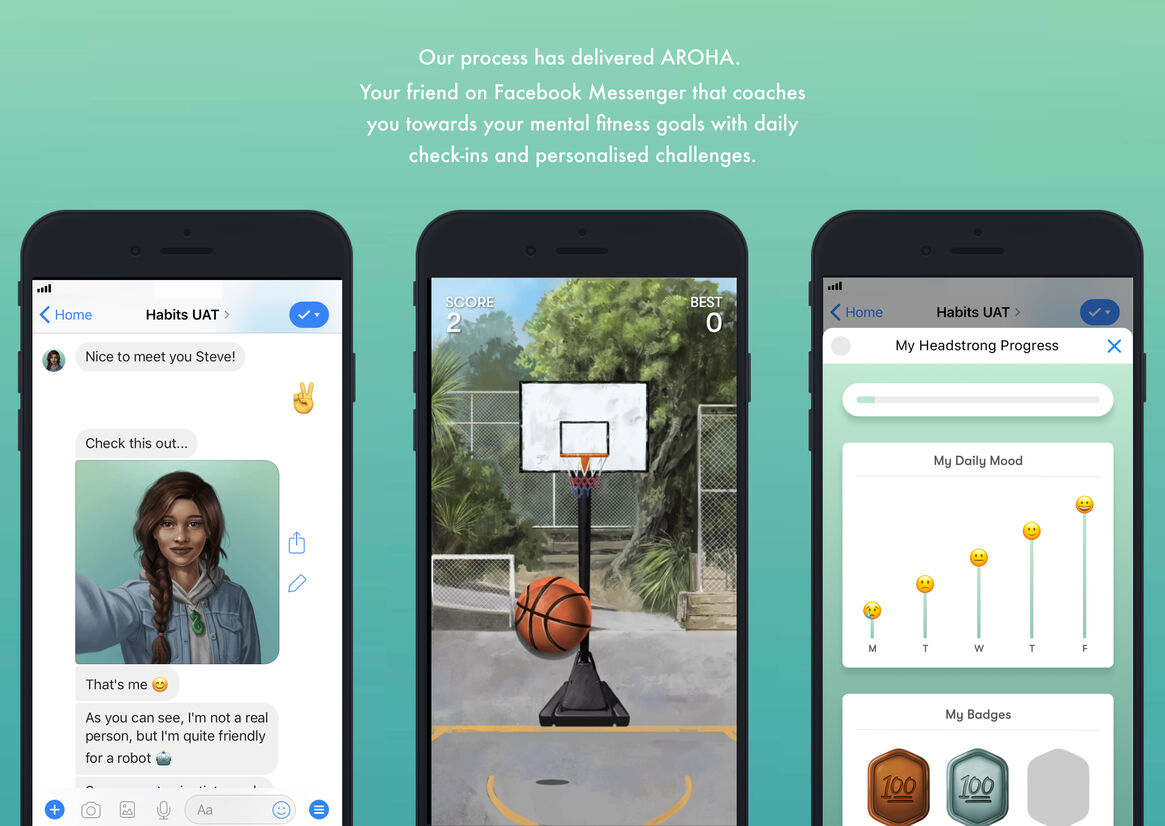
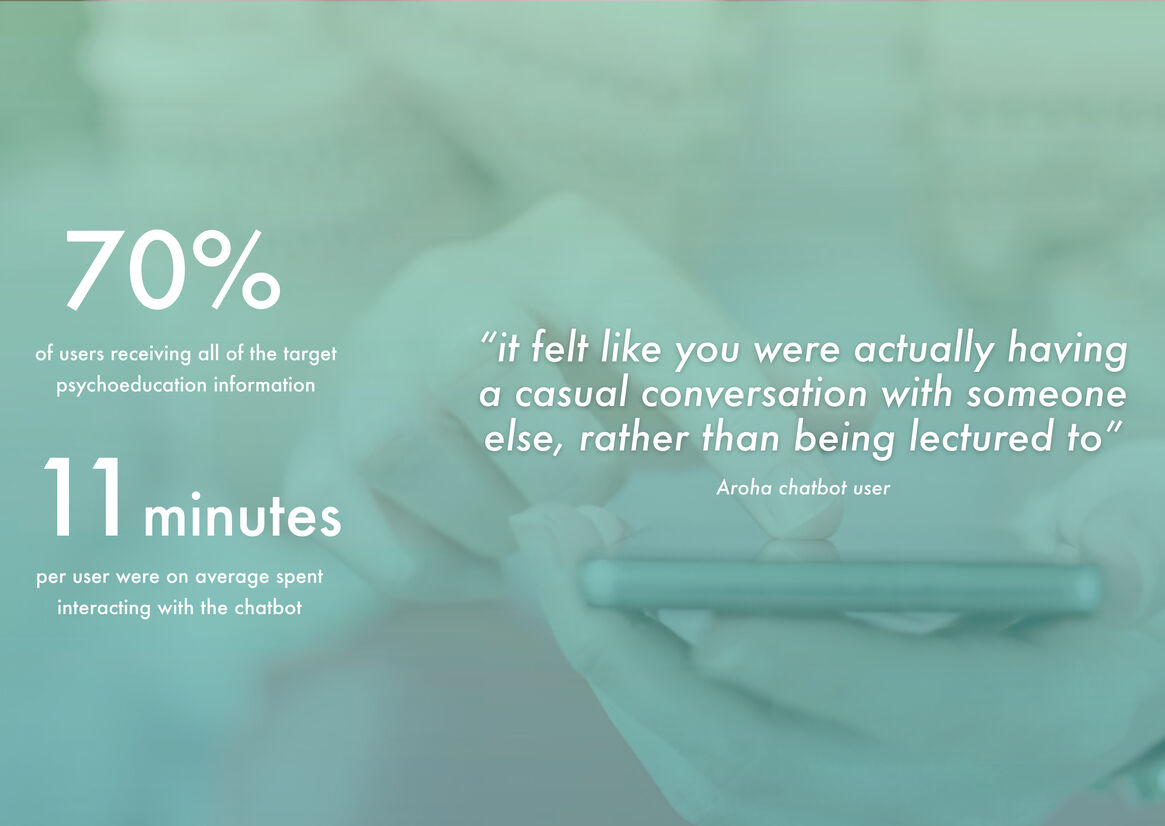
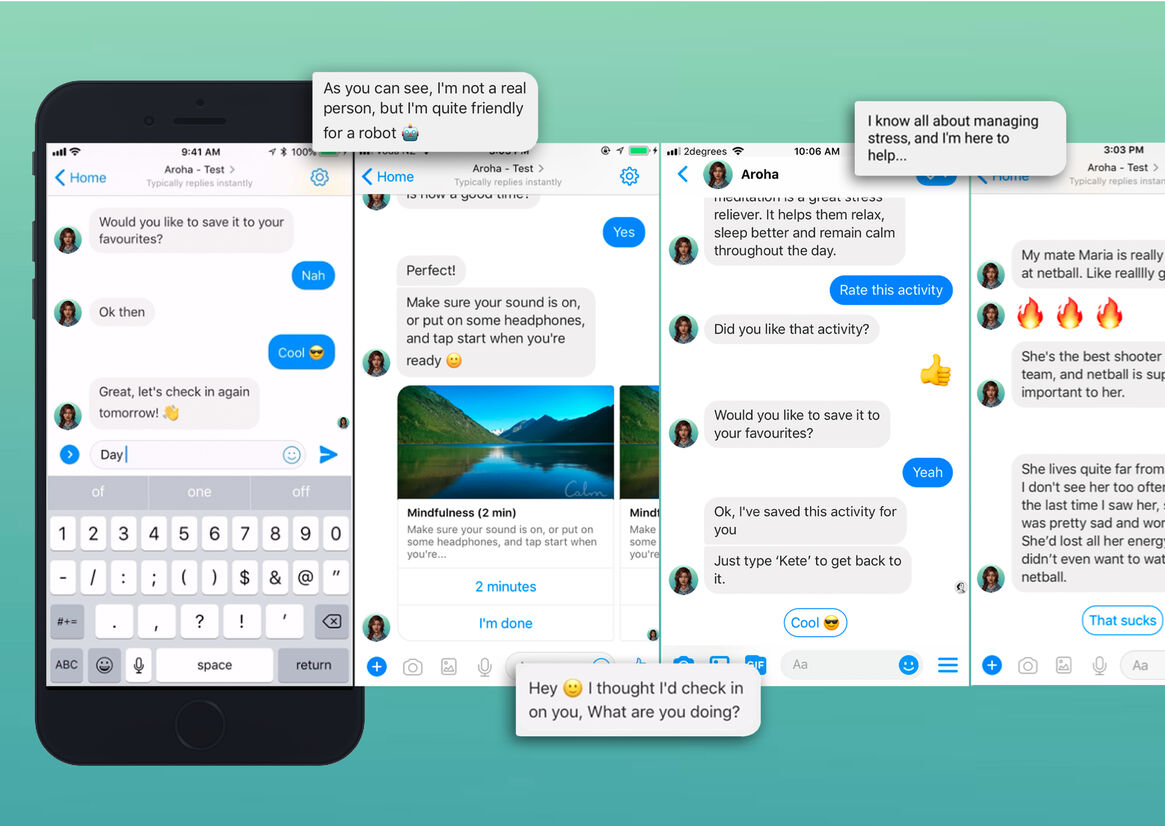
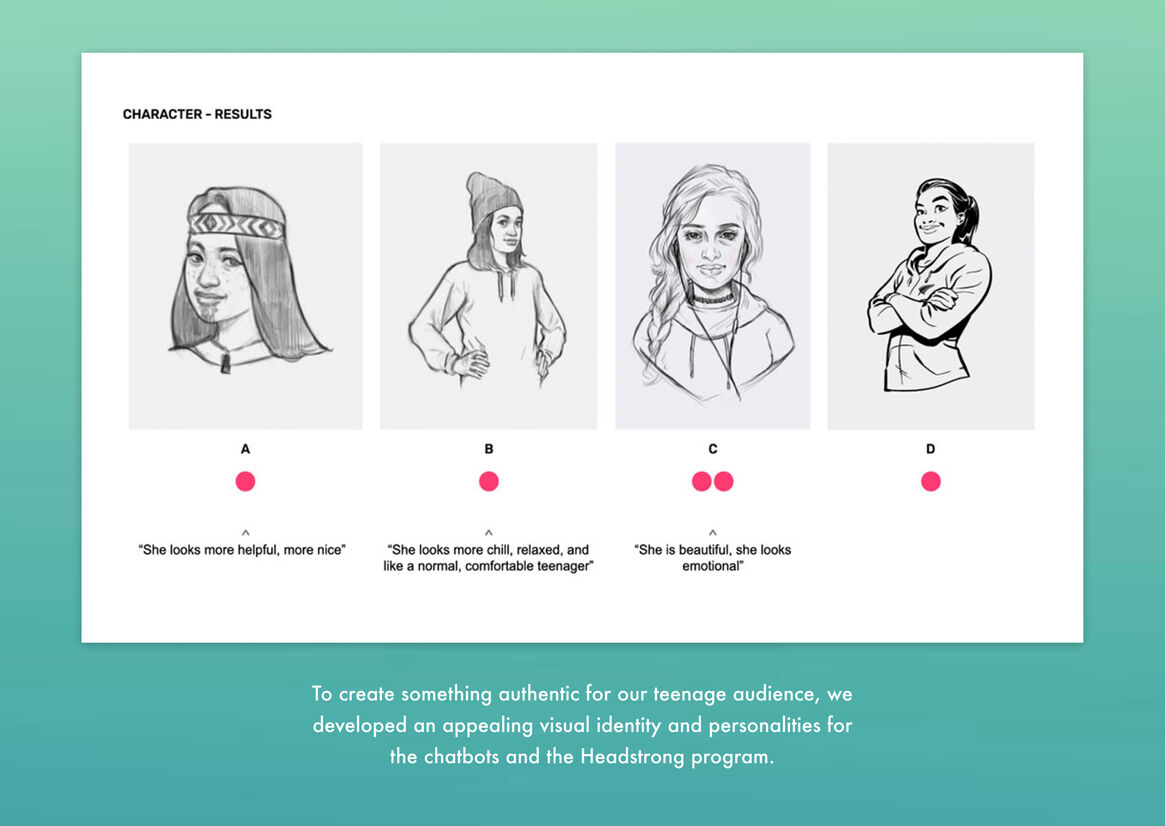
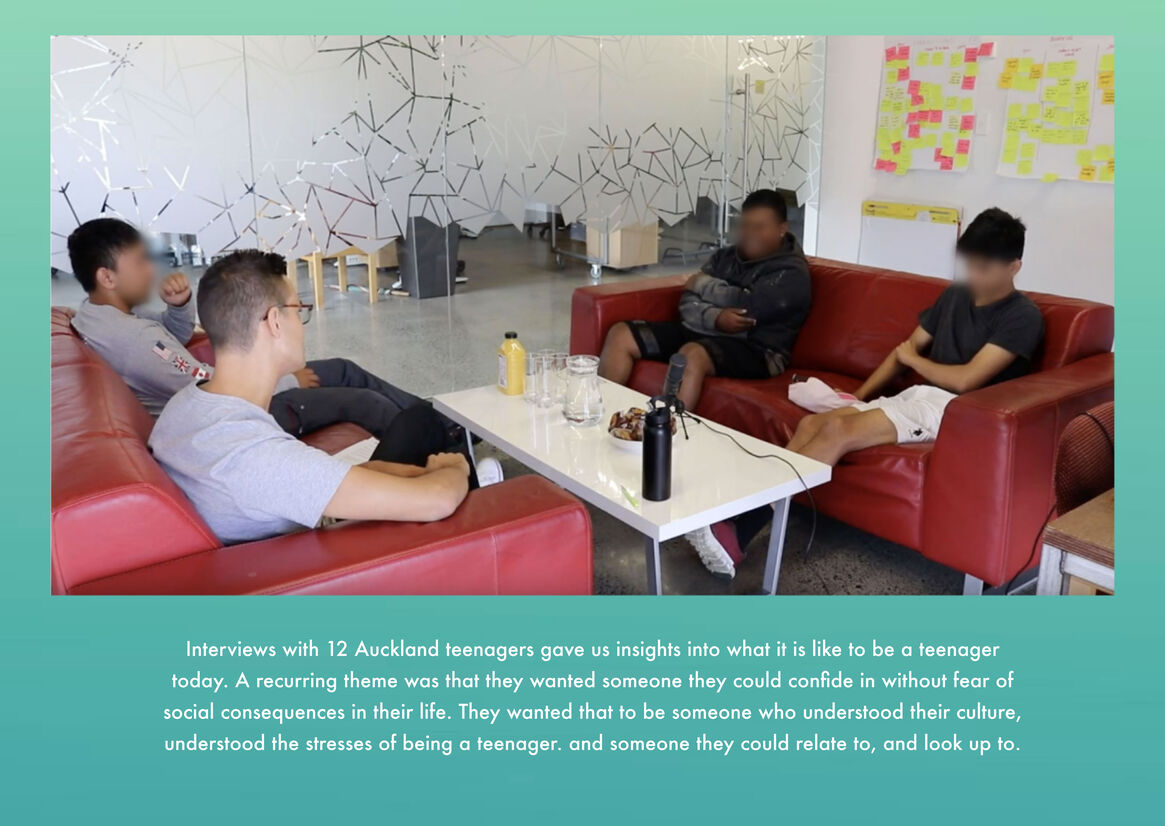
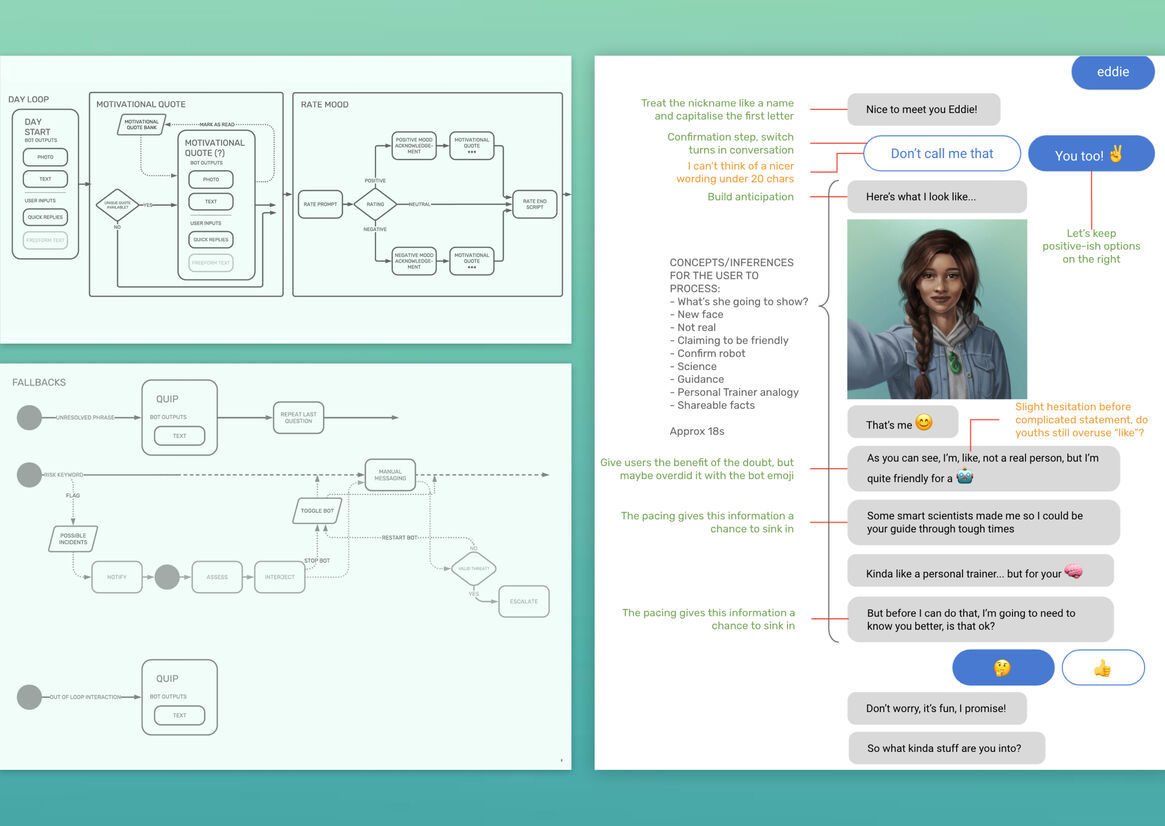
Description:
In 2018, estimates suggested that 79,000 New Zealand secondary school students experienced psychological distress, with 82% of them not seeking any help or support. A dramatic rise in anxiety and depression amongst young people has been observed, and these mental health challenges are especially prevalent in Māori and Pasifika communities.
1 in 3 of this age group spend over 4 hours a day on a digital device. This ‘always on’ channel presented an opportunity to explore ways to leverage teenager’s mobile time to support their mental wellbeing. Experts in the fields of psychology and young people’s mental health explained that Cognitive Behavioural Therapy (CBT) coping strategies work, but young people’s adherence to the exercises when not in direct contact with a clinician or mental health professional is very low.
This helped frame our design challenge: How might we intervene early to improve young people’s anxiety and depression using CBT delivered with digital technology?
Interviews with 12 teenagers provided key insights. They told us that having someone to talk to was something they all believed they would use or have a friend that would use it - and that a virtual character would be easier to talk to than friends or family.
From the preliminary research we ran workshops that resulted in the conception and build of digital friends. These personified chatbots would be available 24/7 on Facebook Messenger; a format with comparable levels of patient treatment efficacy to a website, mobile apps and AR experience, as well as a lower technical overhead + content creation unit cost.
One of these characters - Aroha - became the face of the project when it was adapted to address COVID-19. Using basic sentiment analysis, the user engages in conversation in which Aroha offers support, advice and suggestions. In each session, Aroha asks you to rate your worries about COVID-19, and she gives you different daily activities to try including breathing exercises and coping strategies.
Aroha can behave like a friend, but it is important to note her limits and how this was built into her design. When a risk keyword or phrase is detected, Aroha immediately asks if real life assistance is needed, and the contact information of relevant services is provided.
Still in clinical trials, it will take time to understand the true impact but anecdotally, Aroha is making a difference for young people. Early usage stats showed that users engaged for an average of 11 minutes at a time, with 70% receiving all of the target psychoeducation information.The COVID-19 pandemic provided an intense real-world test, delivering CBT to young people via an accessible mobile interface to alleviate anxiety/depression symptoms and lift their sense of wellbeing.